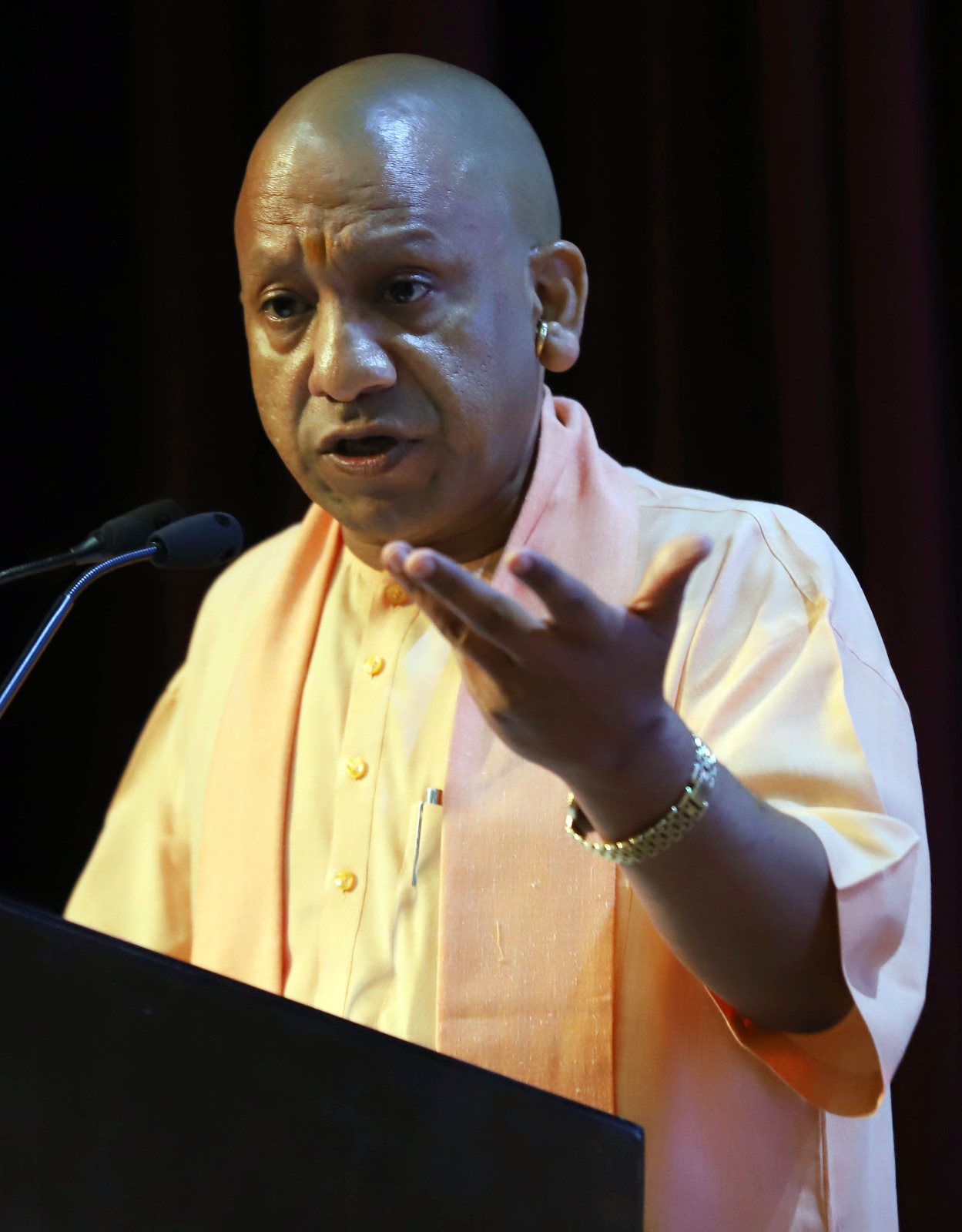Uttar Pradesh Chief Minister Yogi Adityanath today directed for time-bound action to grant land ownership rights to families displaced from East Pakistan (present-day Bangladesh).
Describing the issue as more than just land transfer, the CM said it was an opportunity to honour the decades-long struggle of thousands of families who took refuge in India and have waited for rightful rehabilitation.
“These families must be treated with both sensitivity and dignity; it is the moral responsibility of the government,” he noted. Such families are resettled across various districts of the state.
Officials reported that between 1960 and 1975, following Partition, thousands of displaced families from East Pakistan were resettled in the districts of Pilibhit, Lakhimpur Kheri, Bijnor and Rampur.
Initially settled through transit camps and provided agricultural land, most of these families have still not received legal ownership due to discrepancies in records and administrative delays.
Although land has been allotted in several villages, various legal and administrative hurdles, including land being recorded under the Forest Department, incomplete transfer procedures, and a lack of physical possession, have prevented many families from receiving formal land rights.
In some areas, families from other states have also been resettled but continue to remain without legal ownership.
Current assessments reveal that in many villages, displaced families have been cultivating land for years and have even constructed permanent homes.
Yet, their names are still missing from official land records. In contrast, some of the original allottees no longer reside in those areas.
In certain areas, individuals have taken possession of land without completing the necessary legal formalities, leading to further complications.
Addressing these challenges, Yogi emphasised the need to explore alternative legal mechanisms in light of the repeal of the Government Grant Act in 2018.
“This is not just a policy decision; it is a sensitive and historic step toward delivering justice to those displaced families who have lived in uncertainty for decades,” he added.
“This effort must be viewed through the lens of social justice, humanity, and national responsibility. It is a chance to restore dignity to lives long overlooked,” he underlined.

